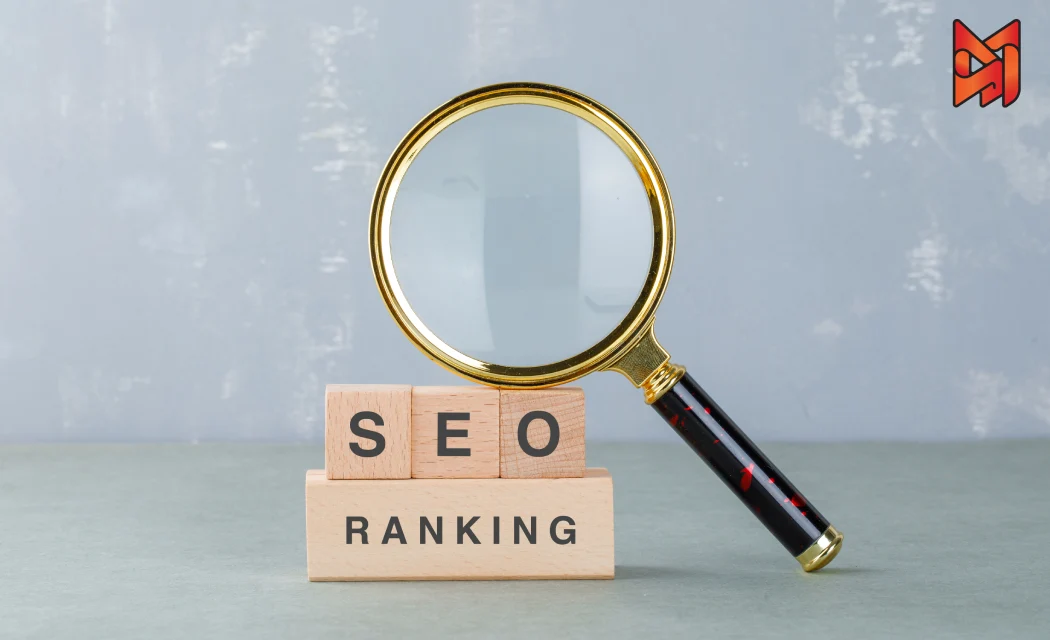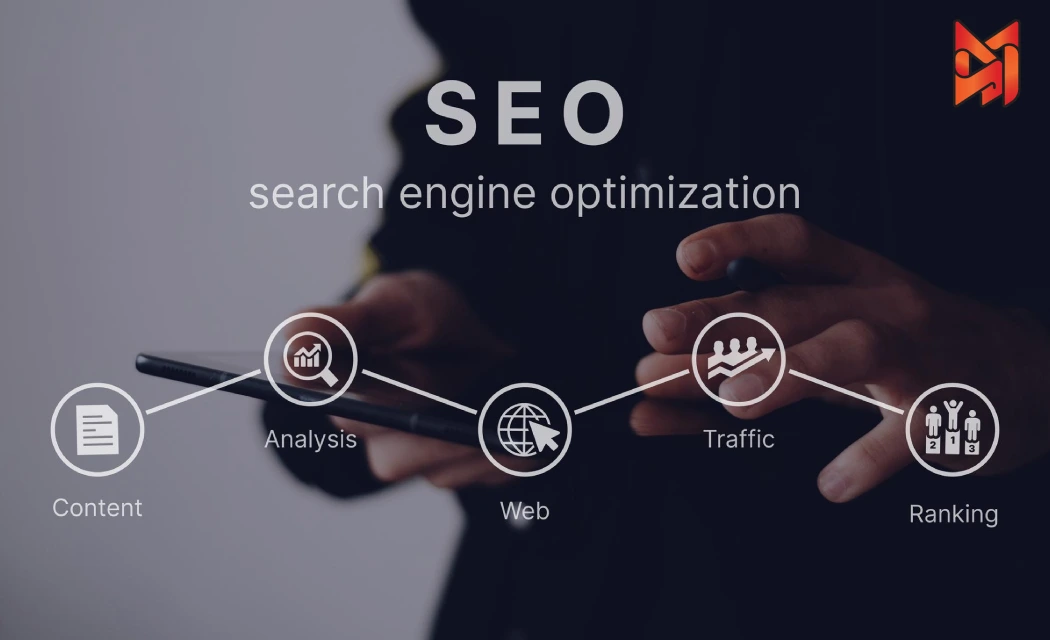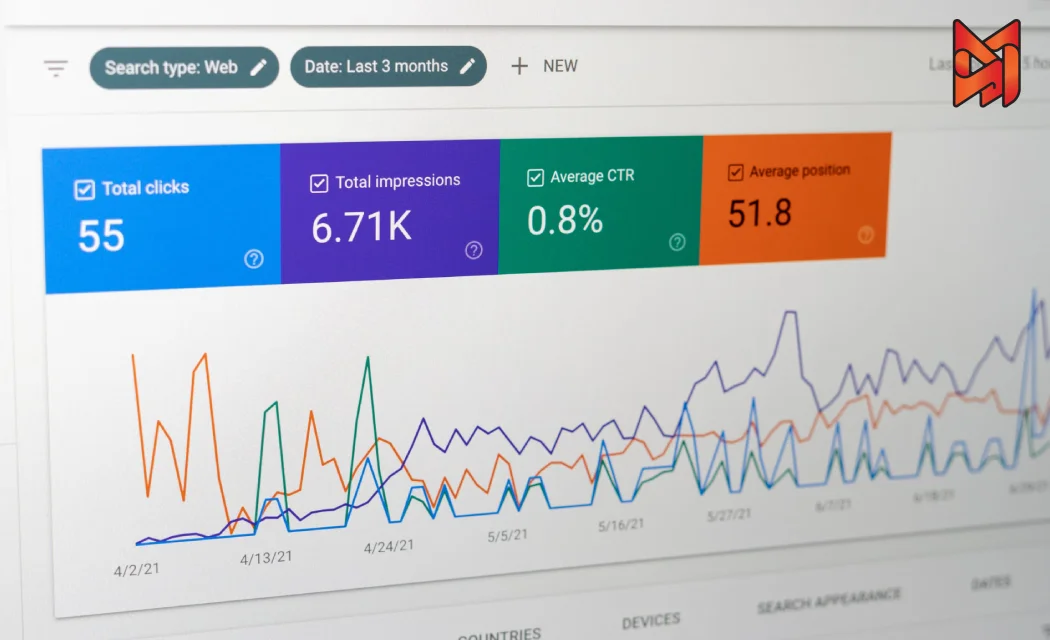When starting a search engine optimization (SEO) journey, one burning question often arises: how long does SEO take to deliver tangible results? Whether you aim for the number one ranking on Google, boost organic traffic, or improve your site’s visibility, the timeline for SEO success depends on various factors, including your website’s current state, industry competition, and the strategies you implement.
If you want to know what is SEO, read our article on this topic.
SEO isn’t a quick fix; it’s a long-term investment that demands patience and consistency. In this article, we’ll explore the SEO timeline in depth, examining key aspects such as how long it takes to rank a blog post when SEO begins to show initial effects and the time required for a new website to achieve meaningful SEO results.
We’ll also optimize this content with LSI (latent semantic indexing) and related keywords—such as “SEO timeline,” “SEO results duration,” “time to rank on Google,” “SEO waiting period,” and “how quickly does SEO work”—to maximize its potential for ranking higher in search engines.

Factors Influencing the SEO Timeline
Several factors influence the duration of SEO to yield results, affecting your path to achieving that desired number one ranking on Google:
- Website Age and Authority: Older websites with established domain authority and tracking seo, high-quality content often achieve quicker results. Conversely, a new site must earn search engines’ trust, which can extend the SEO waiting period.
- Industry and Competition Level: Highly competitive sectors such as real estate, technology, or health demand more time to achieve ranking due to the presence of well-optimized competitors. Less competitive industries may experience quicker SEO results.
- Keyword Competition: Targeting high-difficulty keywords can extend the time it takes to rank on Google while concentrating on long-tail keywords (e.g., “best budget smartphones under $300”) can yield faster results and help you achieve better rankings more quickly.
- Content Quality and Frequency: Regularly publishing high-quality, user-focused content is crucial for SEO success. Search engines favor websites that consistently deliver value, which can reduce the duration of SEO results.
- Technical SEO Health: A technically sound website—optimized for mobile devices, with fast loading speeds and proper indexing—can speed up the SEO timeline. Problems such as crawl errors, slow performance, or duplicate content may hinder your journey to ranking success.
- Backlink Quality and Quantity: High-quality backlinks from authoritative sites signal trustworthiness to search engines and help you rank faster. Establishing a strong backlink profile is a key factor in decreasing the time it takes to rank on Google.
If you want to know the importance of google page rank, read our article on this topic.
How Long Does SEO Take to Start?
SEO is not an overnight process; it’s a gradual strategy that builds momentum over time. Generally, you can expect to see initial signs of progress within three to six months after implementing a well-structured SEO plan.
During this early SEO waiting period, you might notice minor improvements, such as an increase in search impressions (the frequency with which your site appears in search results) and a gradual rise in organic traffic.
For example, optimizing on-page elements such as meta titles, headings, and descriptions can boost click-through rates while addressing technical issues, which can improve indexing. Both aid in early visibility gains. These early wins are often subtle and may not yet translate into top rankings or significant revenue, but they lay the groundwork for long-term SEO success.
Understanding how quickly SEO works in this initial phase can help set realistic expectations for your journey to the number one ranking on Google.

How Much Time Does It Take to Rank a Blog?
The time it takes to rank a blog post on Google varies based on factors such as the competitiveness of the topic, the difficulty of the keywords, and the existing authority of your website. For a blog post targeting low- to medium-competition keywords, you could achieve a first page ranking in around 4 to 8 months, as long as the content is thoroughly optimized and aligns with user search intent.
If you need to know the best keywords for a website, read our article on this topic.
For example, a blog post about “easy vegan recipes for beginners” may rank faster than one focused on “best vegan cookbooks,” as the latter faces greater competition from established publishers. To speed up the process, ensure your blog post includes relevant LSI keywords (e.g., “vegan meal ideas,” “plant-based cooking tips”), features comprehensive content with appropriate headings, and is promoted through social media or email campaigns to drive initial engagement.
These efforts signal value to search engines, helping you reduce the duration of SEO results and move closer to a top position in search rankings.
How Long Does SEO Take to Work for a New Website?
The SEO timeline for a newly launched website is usually longer due to a lack of domain authority and indexing history. On average, a new site may take 6 to 12 months to achieve significant SEO results, such as steady organic traffic and rankings for targeted keywords.
Search engines often place new websites in a “sandbox” period—a theoretical phase where the site is assessed for credibility and relevance before being fully ranked. During this time, concentrate on essential SEO practices: publish high-quality, keyword-optimized content, ensure your site is technically flawless (e.g., mobile-responsive, fast-loading, secure with HTTPS), and obtain a few authoritative backlinks from relevant sources such as industry blogs or local directories.
For example, a new online store selling eco-friendly products could start ranking for niche keywords like “sustainable bamboo toothbrushes” within six months if it consistently produces optimized product pages and acquires backlinks from green living blogs. Understanding how quickly SEO works for a new site helps set realistic goals for your SEO timeline.

General SEO Timeline Expectations
While each website’s journey is unique, here is a detailed breakdown of what to expect during the SEO process:
- 1-3 Months (Early Stage): In this initial phase, your focus should be on establishing a solid foundation—optimizing on-page elements (e.g., tag titles, meta descriptions, alt text), enhancing site speed, and resolving technical issues such as broken links or duplicate content.
You may observe slight increases in impressions and clicks as search engines start to crawl and index your updated pages. This marks the beginning of the SEO waiting period, during which patience is essential.
- 3-6 Months (Growth Stage): At this stage, you should observe more noticeable improvements, including ranking gains for low-competition keywords and consistent growth in organic traffic. If you’ve been producing valuable content and acquiring backlinks for seo, your site’s authority will begin to rise, setting the foundation for improved rankings.
- 6-12 Months (Maturity Stage): During this stage, SEO efforts usually produce more substantial outcomes. You might rank on the first page for several targeted keywords, observe consistent organic traffic, and see enhanced engagement metrics, such as longer time on page or higher conversion rates. In competitive industries, this phase may extend beyond a year as you strive for the number one ranking on Google.
- Beyond 12 Months (Sustained Growth): SEO is an ongoing process. After the first year, your focus should shift to maintaining rankings, targeting more competitive keywords, and adapting to updates in search engine algorithms. Continuous effort ensures long-term growth and keeps you ahead of your competitors.
For businesses in the UAE seeking to enhance their SEO journey, Dimarketo provides expert SEO services in Dubai tailored for the region’s vibrant digital landscape. Dimarketo concentrates on comprehensive strategies, including in-depth keyword research, on-page and technical optimization, content development, and link-building, all designed to accelerate your journey to the top ranking on Google.
Dimarketo, a top digital marketing agency in Dubai, With a deep understanding of local search trends and user behavior in Dubai, develops data-driven campaigns that produce measurable results within a realistic SEO timeline. Whether you’re a startup aiming to rank a blog or an established business seeking to dominate competitive keywords, Dimarketo’s tailored approach guarantees your website achieves greater visibility, increased organic traffic, and sustainable SEO success in the UAE market.

Strategies for Accelerating SEO Results
While the question of how long SEO takes often suggests a months-long process, you can take proactive steps to speed up your SEO timeline and increase your chances of ranking higher:
- Focus on Low-Competition Keywords: Target long-tail keywords with lower difficulty to rank faster and build momentum. For example, instead of “weight loss,” aim for “weight loss tips for beginners over 40” to reduce competition and shorten the time to rank on Google.
- Create High-Quality, User-Centric Content: Develop content that directly addresses user needs, incorporating LSI keywords like “SEO strategies,” “improve website ranking,” or “boost organic traffic.” Use proper keyword placement in titles, headings, and body text, and enhance engagement with visuals, FAQs, and internal links.
- Prioritize Technical SEO: Ensure your site is mobile-friendly, loads quickly, and is free of crawl errors. Tools like Google Search Console can help you monitor indexing and resolve issues that might delay your SEO results duration.
- Build High-Quality Backlinks: Connect with industry blogs, contribute guest posts to reputable websites, or collaborate with local businesses to earn backlinks that enhance your site’s authority and help you rank more quickly.
- Leverage social media engagement: Share your content on platforms such as Instagram, X, or LinkedIn to drive initial traffic and engagement. This can indirectly support SEO by increasing visibility, encouraging shares, and potentially attracting natural backlinks.
Final Thoughts
The question of how long does SEO take doesn’t have a universal answer—It varies depending on your website’s starting point, the strategies you use, and the competitive landscape of your industry. Early signs of progress, such as increased impressions and traffic, can emerge within 3 to 6 months. However, more significant results, like ranking a blog or achieving steady traffic for a new website, typically take 6 to 12 months or longer.
For those striving for the number one ranking on Google, patience, consistency, and a focus on high-quality content, technical optimization, and strategic link-building are vital. By understanding the SEO timeline and implementing effective strategies, you can continually improve your site’s authority and achieve lasting SEO success over time.





